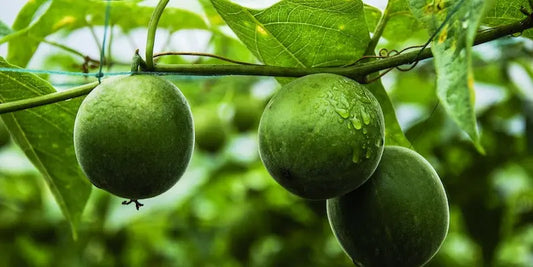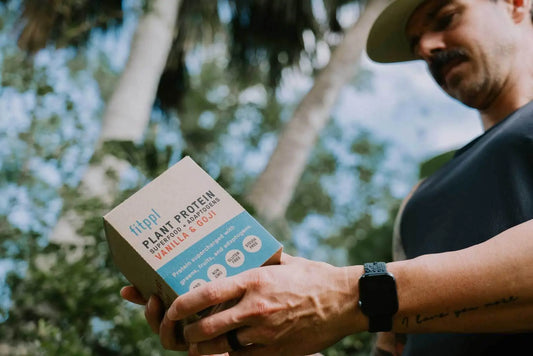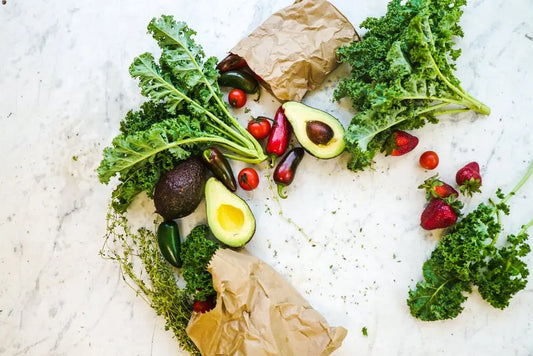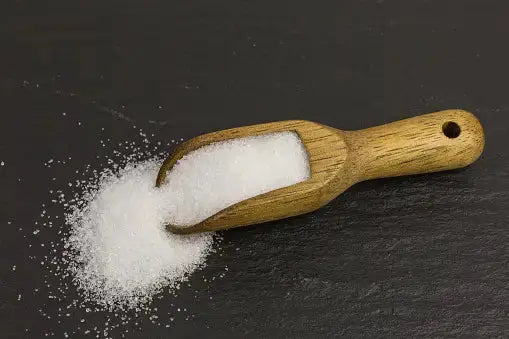The Difference Between Vegan And Vegetarian Diets
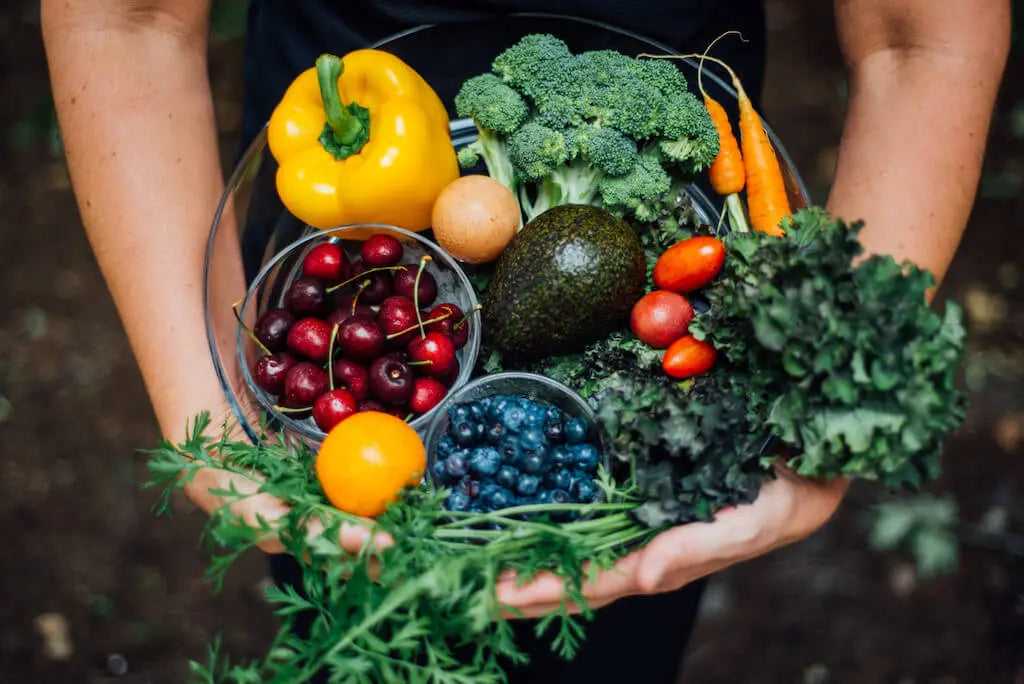
Did you know that only 2% of Americans report being vegan? A slightly higher percentage at 5% report being vegetarian.
What is the difference between vegan and vegetarian diets? Better yet – why are the trends showing that Americans are reporting less consumption of meat, especially in the young?
Veganism has been the hot spot for many jokes among Americans. However, most people who switch to vegan diets or a vegetarian diet do so for health and weight loss reasons.
Vegan Diet
If you are googling “how to go vegan,” you might be thrust into a world you had only scratched the surface at. A vegan diet excludes any animal products – this includes meat, dairy, and eggs.
You might be wondering why you would put yourself through such restrictions. While some find it helpful for their health and well-being, others transition to vegan diets for animal welfare. It is also common for those who are vegan to avoid other products that contain animal parts, like soaps and clothes.
What are some of the best vegan foods to eat?
Most people eat a plethora of fruits, vegetables, beans, and nuts. Advances in blender technology have let people make their own recipes for vegan cheese and sauces. Additionally, many health-conscious grocery stores are starting to offer more vegan-friendly food.
Vegetarian Diet
A vegetarian diet excludes the consumption of animal meat or fish. People who still choose to eat fish, but not meat, adopt a pescatarian diet.
The vegetarian diet is actually an all-encompassing term that includes lacto-ovo-vegetarians, lacto-vegetarians, and ovo-vegetarians. Rather than memorizing all of those terms – it just describes different stages of vegetarianism and people’s consumption of dairy or eggs.
Difference Between Vegan and Vegetarian
Now that you have read a little bit about each diet, what is the key difference between both diets? In a nutshell, veganism is a more restrictive diet than vegetarianism.
Vegans avoid any animal products which often spread into other household items. Vegetarianism still provides you with the option to consume dairy and eggs.
It is even more important for vegans to make sure that they are receiving proper nutritional intake due to the restrictions of foods.
Benefits
There are many vegan benefits when you cut out meat and animal products from your diet. Keep in mind – transitioning from consuming meat to consuming junk food is not a healthy diet and can lead to many risks.
However, if you follow the diets properly and consume adequate nutrition, you might start feeling healthier and cut out nagging digestive issues.
By transitioning to a vegan or vegetarian diet, you can lower your cholesterol levels, lower your risk of cancer and heart disease, and are less likely to develop diabetes type 2.
If you are already pre-diabetic or at risk for heart disease, a simple diet change can be a life-saving decision. Additionally, it is less harmful to the environment to consume meat or other animal products.
Risks
The main risk to transitioning to these diets is consuming enough calories and avoiding nutritional deficiency risks. Vegan diets are especially at a high risk of having these deficiencies.
However, with both groups, you run the risk of lacking adequate nutritional values for B-vitamins, Iron, Vitamin D, calcium, and protein. In some studies, vegans ranked the lowest out of all the groups for calcium intake.
Vitamin B12 is another risk for both groups – especially if a vegetarian diet does not often incorporate eggs or dairy. In some reports, 52% of vegans were deficient in vitamin B12.
This vitamin is important for red blood cell and nervous system health. It is commonly found in animal products.
Unfortunately, your body doesn’t store vitamin B12 for very long, so it is important that you either regularly take a supplement or find natural ways to incorporate it into your diet.
Luckily, many foods are starting to fortify their non-animal foods with this crucial vitamin to cater to people who don’t eat meat or other products where it is heavily found.
What are the symptoms of deficiency?
Common signs are feeling weak, tired, or lightheaded. You might also notice numbness, tingling, and vision loss. It is important that if you follow a strict diet, you regularly are checked by your doctor through a simple blood test to check your vitamin and mineral levels.
This can give you great insight into dietary adjustments or added supplements that you can take.
Best Vegan Foods
If you are transitioning to a new diet, you have the difficult task to determine what to buy next at the grocery. Luckily, many online retailers supply healthy, organic, and delicious products.
Additionally, look for companies that also support the environment and are sustainable. Another plus? Check out companies that provide healthy and yummy recipes to give you some ideas.
Veganism and vegetarianism don’t have to be dull and boring. In fact, there are many recipes that taste just as good, if not better, than what you have tried before.
Where to start
Having a company you trust to provide you with quality products is crucial when switching to a new diet or finding ways to improve your current one.
The difference between vegan and vegetarian diets is minimal when people are trying, in general, to be healthier and environmentally conscious. Who knows – maybe after a couple of years of vegetarianism, you might make that switch to veganism.
Whatever your health or environmental reasons are – make sure you check out a company dedicated to providing quality foods to support your health and well-being.




